I am sitting on a red cushion in a wooden pew next to my family. It is a Wednesday night, a school night, and I have homework for French class. I love this church and its simple New England architecture. I love singing in my youth choir and going to youth group activities. It is safe and friendly for a fourteen-year-old girl. The church stands at the top of my street, steeple reaching toward heaven, across from the elementary school. You could be in Mayberry.
Suddenly I am crying and rising from my seat. The guest preacher beckons me to come to the wooden altar and I kneel on the small platform and pray with all my might. Now, after all those years in Sunday school—after memorizing all the hymns and Bible verses—I am a Christian.
When the service is over I am paralyzed at the altar and my mom comes to pull me away. She asks me why I am crying and I don’t know. I weep all the way home, and I still cannot express myself so my mom writes a note to my French teacher informing her that I was unable to complete my homework because I was not feeling well.
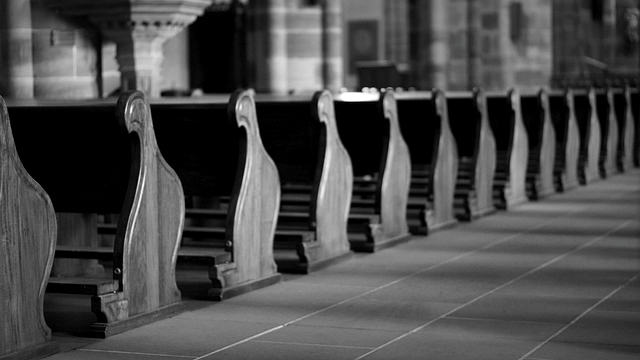
I am on a stage singing about my faith to an auditorium full of other teenagers. The minister and his wife are talented musicians and dedicated to the youth of the church. Rehearsals and performances fill up my high school years. I am overcome with the desire to share my faith. My parents are a bit bewildered but supportive. Sometimes my mom complains that I spend too much time at church.
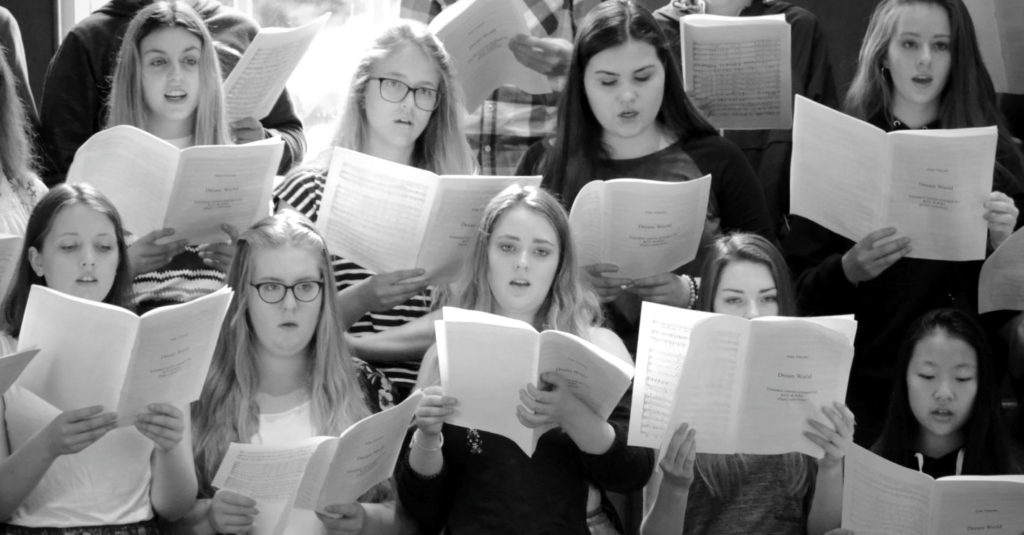
The minister’s wife pulls me aside. Her face appears loving, but concerned. I have a boyfriend, and she is worried that we will have sex. She doesn’t say sex is bad, just that it is only for marriage. But I hear that it is bad. I am a good Christian girl, so I try not to have any sexual thoughts. But I fail. Smothered in guilt, I become engaged at my senior prom. I was planning to go away to school, but I stay home and go to a community college.
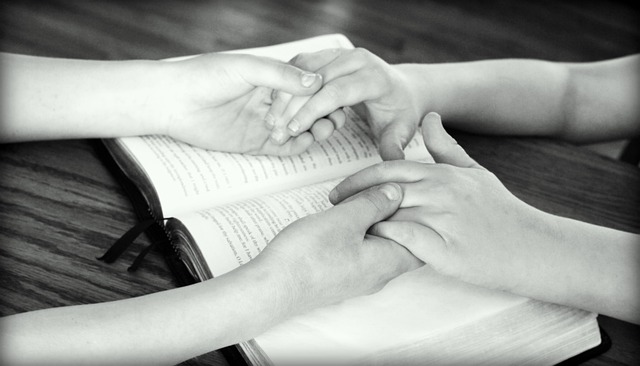
When I stand at that same altar and marry him I am certain it is the right thing to do since we met and flourished under the protection of the church. We had prayed. People had prayed for us. When I finally go to a university I live in the married student apartments and do not become involved in college life or make any friends there. I am old at the age of twenty. The marriage is wrong from the start, but instead of letting this knowledge out of my subconscious, I send it packing to the depths of my brain, where it smolders for fourteen years. Surely God could not have made a mistake. I am, first and foremost, God’s champion and protector—something he never asked from me.

I never felt coerced into these extreme convictions. I adored the ministers and adults in my church and was highly influenced by their very Christlike lives. But somewhere along the way I twisted a faith in God to mean I must be perfect at all times, never let God down, never make him look bad. This self-inflicted guilt was damaging to my psyche for decades. It affected every decision I made. I regret all the things I did not do, the things I did not experience, the music I did not listen to, the people I would never know.
I graduated, got a teaching job, our two children were baptized and confirmed at the same altar. We became youth counselors, spending our weekends with the teenagers. I only associated with other believers, isolating myself from the rest of the world. I went to a women’s retreat with my best friend and witnessed her quietly speaking in tongues. At the retreat I heard I was not really a Christian if I didn’t speak in tongues, and if I believed enough, it would happen when I least expected it. Driving my car or washing the dishes I hoped I would suddenly speak an unknown language, providing more confirmation of my faith. It never happened, which caused me to doubt my worthiness.
Friends started talking about the evils of Halloween, and how we should not allow our children to participate in something that revered Satan. I listened, recalling the fun of childhood Halloweens, and something in me began to change. This was not the kind of woman I wanted to be—joyless, serious, judgmental. I secretly vowed to let my children have a human childhood, one in the real world, not just a religious one.
My marriage never evolved. We were like two kids playing house. But I was the one who took on all of the responsibilities: making most of the money from my teaching job, caring for the house and children, and handling our meagre finances––all in an attempt to prove God right. After fourteen years of virtuous living my emotions suddenly dulled and died. I didn’t sleep or eat much. I asked the psychologist I worked with what it meant to feel nothing and she said I was depressed. My first reaction was to reject this imperfection in me, but I fell into a pit of imperfections so deep that I completely lost myself. My faith was my whole identity, and it was drowning, dying, along with my autonomy.
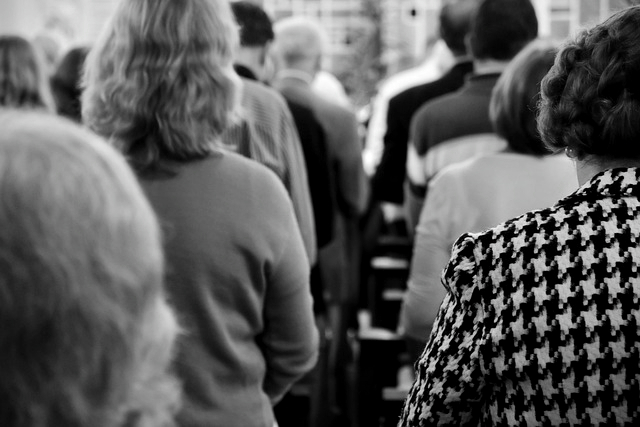
The clinical depression manifested itself in bizarre behavior I couldn’t control. Instead of arriving at choir practice, or even work sometimes, my car would steer itself in the wrong direction to spend time with people I barely knew. I went to a bar for the first time. I had difficulty distinguishing fantasy from reality. I indulged in fantastical daydreaming––anything to take me away from the life I no longer recognized. Everyone was disappointed in me. I became everything I had never been—unpredictable, feckless, un-Christian.
After a few months of floundering, I began seeing a Christian therapist. I fully expected to be excoriated for my sins, but instead found compassion.
“Diane, what is it that is making you so angry?” He asked during our first session together. I sat, dry-eyed, without emotion, arms folded in defense and fear.
“I am not angry. Christians don’t get angry,” I said bitterly.
“You are the angriest woman I have ever seen.”
I was stunned. “No, I’m not. I don’t feel anything right now. How can I be angry?”
“Let’s not call it anger, then. What is making you so unhappy?”
Strange thoughts and words began to gush out of me. “I wonder where God went. I want more out of life than sacrificing for everyone else.”
“Sometimes depression is brought on when something in life is too heavy to bear. So who are you angry with? God? Your husband?”
“Both of them,” I whispered, “Can I be angry at God?”
“Yes, you can. I think you have many legitimate reasons to be angry at God.”
But I continued to defend God, even though clearly, God had never needed my support.
Through counseling I found my consciousness. My faith hadn’t been wrong, it was the idealistic expectations I had indulged in. I had given the church permission to turn me into something less than human. The power of religion, of suggestion, without the maturity to dissect it for myself, had a potent effect on everything about me.
The book The Road Less Traveled by M. Scott Peck M.D. fully integrated human psychology with spirituality. I had spent my life trying mightily to separate the two. Peck gave me permission to be not just a Christian but a human being. He wrote: “To put it plainly, our unconscious is God. God within us.” I did not have to be ashamed of my fall from grace or my climb back up.

After two horrific years for all four of us, divorce was the only way out. I had no choice but to save myself for my children. The knowledge that I was breaking a sacred vow I had made at the altar haunted me day and night. Where was God on the day I married at the innocent age of twenty? Wasn’t he at the altar that July afternoon looking down on us as we prayed? I agonized over that for years until I had to concede that it had been my own willful, guilt-ridden choice.
One ordinary working day I was walking outside between the school buildings and heard a voice. I looked around and did not know where it was coming from but it was distinctly audible. I have something more for you, the more you have been yearning for, it said. Even as I write this I am aware that it sounds ridiculous, but the experience was palpable and lasting in my consciousness. That it was God is the only explanation I have, but it would be many years before I understood what those words meant.

Post-divorce life was one long salubrious experience. No more perfection complex. No more naive expectations of life. More fun, less agonizing guilt. I awakened my long dormant intellect and earned my Master’s degree, I began dating, even though I was content to build a life on my own with my children. Starting over brought a capricious and pleasant rush.
Then true love arrived. A mutual friend introduced me to a single father of a young boy. I was enchanted by them, and we each experienced falling in love for the first time. He was a responsible, intelligent man, with a fierce devotion to his son. But complications abounded. Soon after we met, his son, of whom he had full custody, was diagnosed with muscular dystrophy—a devastating and fatal disease of progressive muscular weakness.
Despite numerous red flags of what could be a difficult transition for all of us we chose to be married at the familiar altar of my church, and none of the three teenagers were happy about it. Their anger and resentments at having life-changing decisions forced upon them made the early years of our marriage mostly unhappy. The overwhelming needs of his son, and our knowledge of the future, was a darkness that lived with us every day. I was lonely and confused, trying to help my own children through the changes, trying to understand how love could be so painful.
We went to a Christian counselor who was impressed by our courage at even attempting the marriage. We described our marital conflicts but week after week she chose to focus on my stepson. I was seeking the balance the five of us had lost along the way.
“Diane, being the practicing Christian in the household, how are you witnessing to your stepson? Do you read the Bible to him? Maybe you could sing hymns to him before bedtime.”
“The reason we are here is to discuss our marriage.”
“Well, he is a big part of your marriage.”
I wanted to say No, I do not witness to him because I cannot find God myself at the moment. But instead, I said nothing, and reverted to feeling selfish for wanting something for myself and my own children. The deeply ingrained convictions of my youth still existed.
“Diane, you seem to believe you are entitled to have things your own way. There is sacrifice required here.”
I got up and walked out, never to return. Her version of being a Christian was sacrificing yourself at the altar of everyone else’s needs. I had spent my adult life sacrificing. I could not fathom how God was allowing me to go through heartache again. My own unwillingness to admit that I had made another giant mistake kept me in the marriage. But this one was different—this love was real—and this time I accepted that I had chosen this marriage despite all the warnings. I couldn’t break a vow to my husband, who held so much sadness in him already.
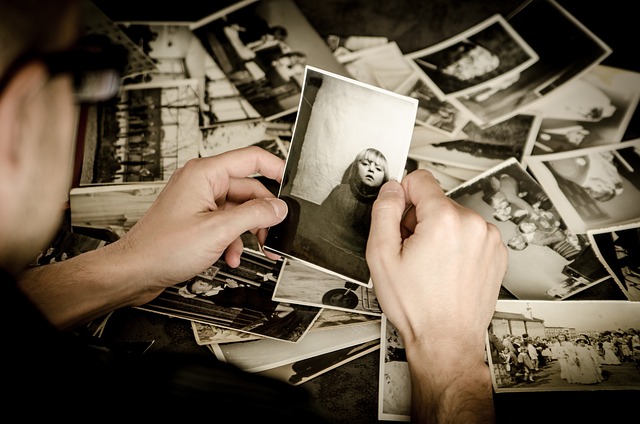
No two humans have the same experience of faith. No matter how strong our convictions, we are fooling ourselves if we don’t acknowledge the elusiveness of God. The scriptures can be interpreted in dozens of ways and there are hundreds of religions on the earth. We Protestants are always trying to recruit others, bring them over to our side. This was a focus of my teenage years. We spent weekends traveling to other churches and performing Christian musicals in which teens would be converted and receive a “natural high” as opposed to one from drugs or alcohol. I believed we were evangelizing, defined as: preaching the gospel and converting others to Christianity.
Tony Campolo describes it perfectly in his book, Red Letter Christians. “This army I had joined was not much more than a battalion of recruiters who were recruited to recruit recruiters, ad infinitum. I was led to believe that this was the only responsibility of Christians.”
The term evangelical has become purely political in America. In my youth I could not have imagined my faith being entwined with politics in any way.
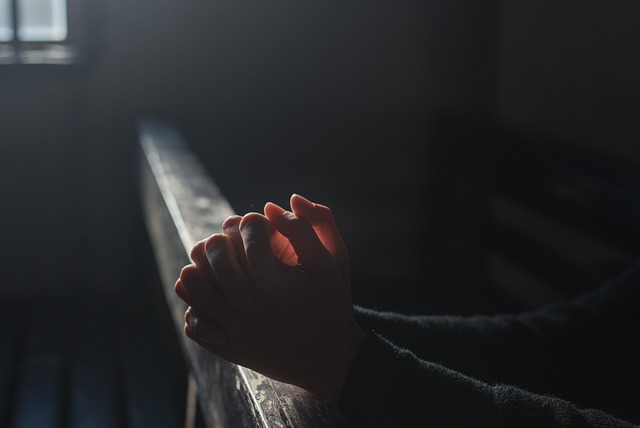
I was always uncomfortable with the pressure to convert others. My best friend in high school was Jewish. We had an unspoken and guileless agreement to share in each other’s faiths. She would happily come to my Christian performances. I attended Seder dinner with her family. I couldn’t imagine informing her that her family’s traditions and faith were somehow wrong and mine were right even though that was precisely what my church was teaching me to do.
I diligently raised my own children in the Methodist church and wanted nothing more than that they have all the wonderful experiences I had there. But that was not to be. They witnessed a great deal of hypocrisy when, after years of personal upheaval, I experienced another devastating loss —my church left me—altar and all. The minister of the church, that stood on the main corner of the village for 150 years, decided we needed to move to another community and build a bigger church (that recruiting thing again). I became the unwitting leader in the protest—turning up in newspapers and on television, circulating petitions, and finding myself at odds with most of the congregation who blindly agreed with the minister as the ultimate authority figure.
As the opposition grew, relationships were mangled, and one of my own enduring friendships ended. I was left without a church home, my safe place, the last remnant of my old life, and I was devastated. I was faced with trying to explain to my teenage children how the good people who had taught them in Sunday school could become so cruel. My kids were so vulnerable to hurt and disappointment. All of my dedication in raising them there had been in vain. Another steadfast part of their lives was slipping away from them. As teenagers, even though they had once loved the church too, all they needed was an excuse to get out and live their lives free of rules, judgment, and restrictions, and now they had one. The so-called church family scattered like snowflakes in the wind to other places, some going to the new building, many not going anywhere at all.
I didn’t attend any church for quite a while. I began to seek a spiritual enlightenment, as opposed to a religious one. I read everything about being a spirit and a soul in this world, and not just a human form. You can have a faith and be unawakened to your spirit. You can be stymied by religious doctrine and dogma. A church can be focused on judgment of how other people should live or not live—a terrible burden that should be left to God. My altar transformation at age 14 was my first spiritual awakening and I believe it was authentic, but I opened my heart to the possibility that faith was not just following arbitrary rules while here on Earth. I understood that the more God had promised years before was me. I was more of a human being with more compassion to give and receive.
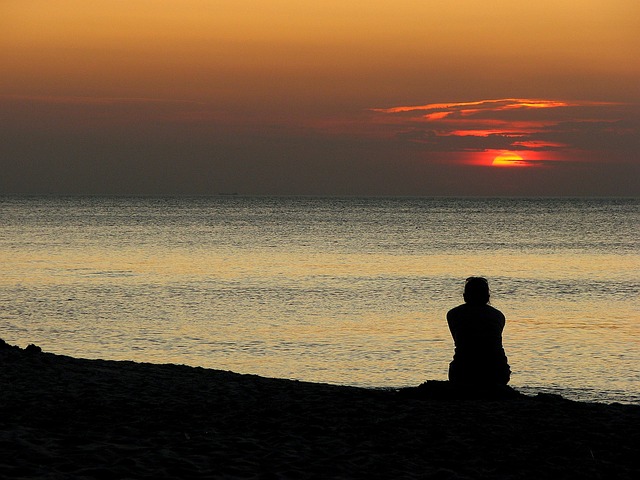
In spite of my faults and failures, I experienced momentous joy and forgiveness of myself, and others. I allowed the past to fall away, because I knew I did the best I could at the time. What happens, good or bad, is not God’s will as we so often are told. Everything does not happen for a reason. Humans have free will on this earth, and many circumstances are the result of a choice we have made.
Now I kneel at a different altar in a different building—a diverse, inclusive, loving place—but I will never again let an organization or another person have power over me, as I did when I was young and vulnerable. Everything I went through made me a more empathetic human being, who enjoys life a whole lot more. It is not selfish to seek happiness, because only when I have found it can I send it out into the world. I have learned that only love and fear exist, and every day I must choose one of them. I know that nothing in the past can prevent me from living in the present moment, and we are all human beings no matter what altar we kneel before.


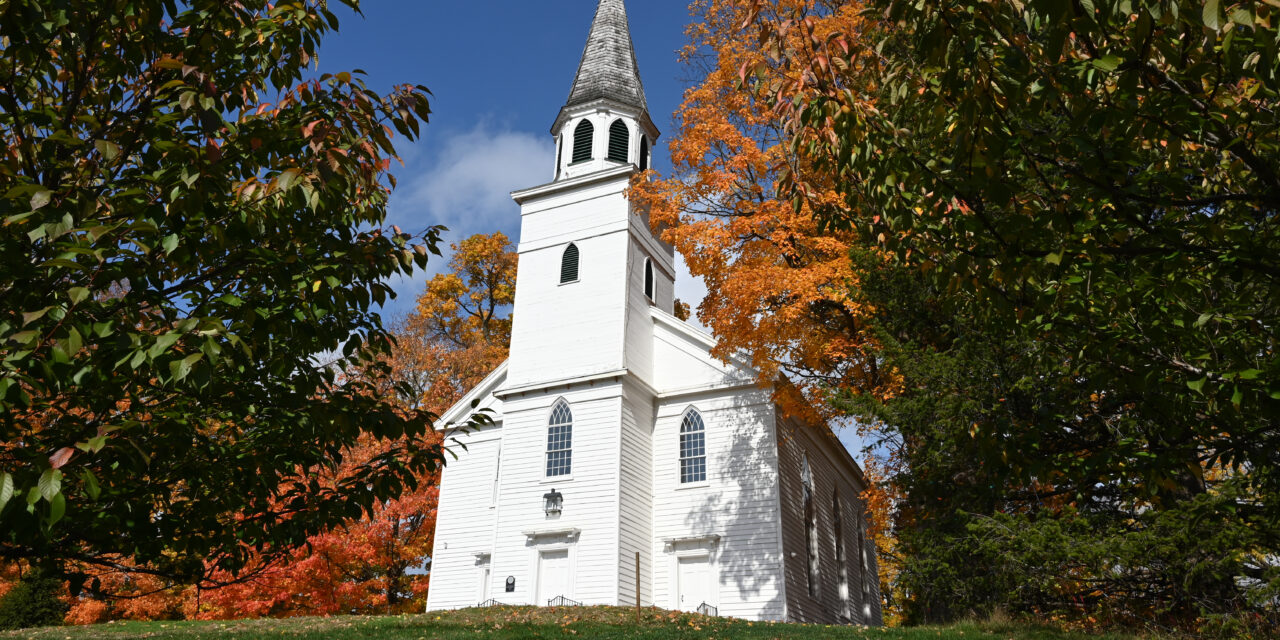



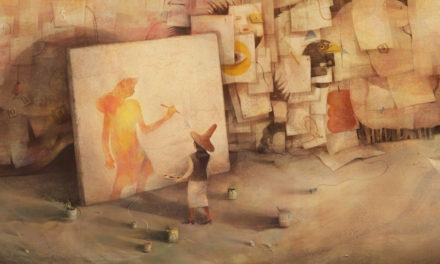

In our Christian faith traditions, we are told that we are made in the image of God, but instead of teaching us to look insides ourselves for all of that wonder and beauty, these lessons create an image of a God that sees only our faults and unworthiness, a God that despises us for them. No wonder we become confused about love and self-worth. God said, “Let there be light,” and made order from the chaos. Keep looking where the light pours in.
Thank you, Lilli-ann. True and well said.